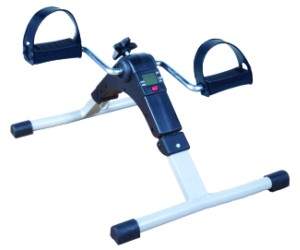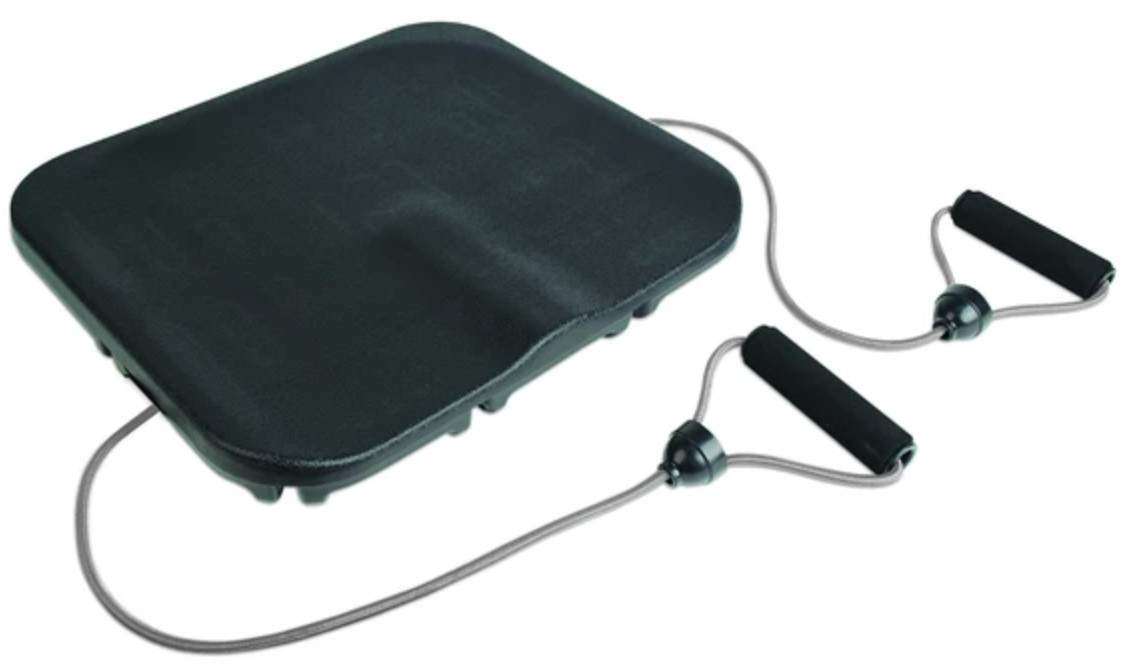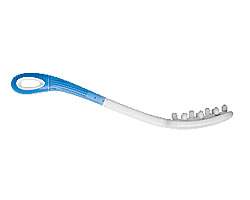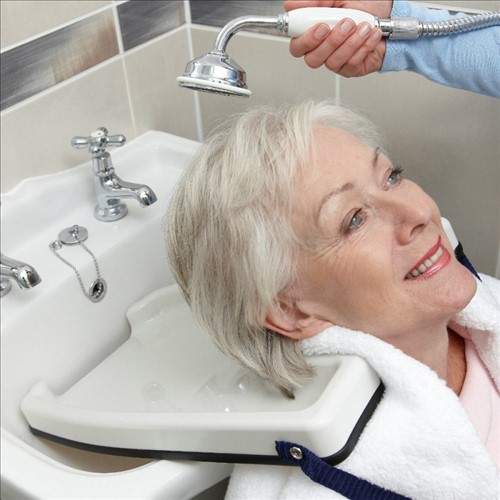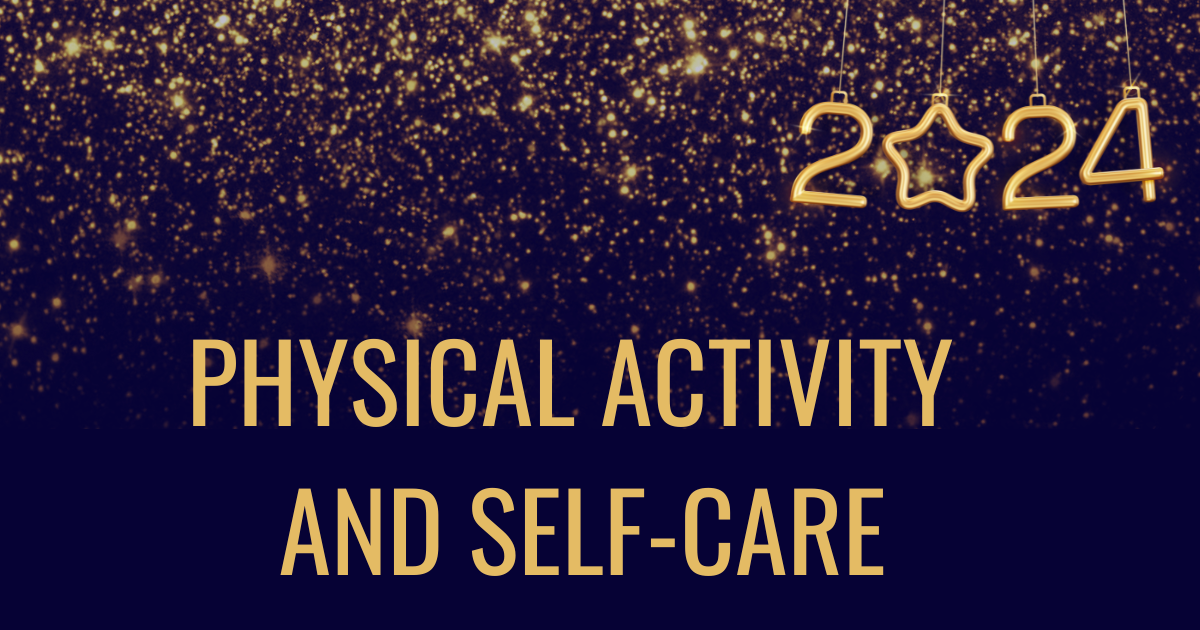
A common focus for many in the New Year is stepping up their levels of physical activity, but this can be difficult if you have a disability or health condition. In fact, according to a survey by Sports England, disabled people are almost twice as likely to be physically inactive (43%), compared to those without a disability (23%). There are many reasons to why this might be. Some people may feel as if sport is not accessible to them (Sports England’s survey found 51% of people with three or more impairments are inactive), and for those with chronic pain or fatigue, even light physical activity can be extremely exhausting.
However, if being more active in any way that you can, is high on your priority list this year, we have explored some of the ways you can do this.
If you’d like to join a gym or find an accessible sport team in your area, Activity Alliance have a tool on their website where you can filter by region and search for inclusive and accessible leisure centres across the country. Gyms, swimming pools and leisure centres that are accessible, can play a vital role in activity levels for disabled people but they are also a great place to meet new people and connect with others.
If getting out to a gym or leisure centre is not realistic for you, or you are new to exercise and don’t feel comfortable exercising around other people, then there are plenty of options that enable you to exercise from the comfort of your home.
Pedal exercisers are a brilliant way to exercise for those who have issues with stability and prefer to be seated. They can be easily positioned to stand on the floor and be pushed with the legs, or they can be used on a table-top and be pushed with the arms and are a great form of gentle exercise. If you want to keep track of how much time you have spent working out, or keep track of calories burnt, you can also get pedal exercisers with built in digital displays.
Another piece of equipment for those who prefer to be seated when exercising, is a low impact chair exerciser. The adjustable cords can be used in a variety of ways to tone and strengthen the muscles. Like the pedal exercisers, it is portable and can be used with any chair. The chair exerciser is a low impact form of exercise and is ideal for anyone who would like to improve on muscle strength, without the need to lift weights at the gym.
The See Sport Differently report by the Royal National Institute of Blind People (RNIB) found that ‘blind and partially sighted people are twice as likely to be inactive compared to the UK average. People with sight loss are also less likely to participate in physical activities compared to the England average and other disabled people.’ They found that this was down to accessibility, awareness and confidence. However, there is equipment which can help you to start your fitness journey if you are blind or partially sighted. For example, tie-guides are a great way to get out for a run and allow you to be connected to your guide. If running isn’t for you, and you’d like to find a sport activity near you which is inclusive for people with sight-loss, British Blind Sport have an activity finder on their website.
Being physically active is not number one on everyone’s priority list, and another way in which people like to beat the January blues is with personal care. Whether that’s by promising to indulge in more bubble baths this year, or relaxing with a face mask, taking time to care for ourselves can improve our sense of wellbeing. Below, we suggest some products which can improve your personal care from home, without the need of having to leave the house for that hair or nail appointment.
Hair washers are a great piece of equipment for those with conditions that cause stiffness in the joints like arthritis, or for those who have limited mobility. It is a long-handled washing aid and can be used instead of fingers to apply shampoo and massage the scalp, whilst in the bath or shower.
Portable hair wash trays are suitable to be used by those in a chair or wheelchair and can be used in any sink. They rest on the shoulders and enable upright shampooing, so that there is no need to bend the neck backwards. Inflatable basins are another hair washing option which are portable and very comfy to rest the neck on. They are particularly suited for those with limited mobility and allow for hair washing from a bed. Both hair washing aids are fantastic products to take on holiday with you.
Those with limited mobility who can’t bend over to reach their feet, might want to consider a foot cleaner. They suction to the bath or shower, and the soft bristles clean and massage the feet, whilst the pumice stone can get to work on any hard skin. Bringing the foot up to wash can be painful for many people and the foot washer provides a safer way to clean the feet without having to do so.
Some people with limited use of their hands, tremors or arthritis for example, struggle to clip their own nails. A table-top nail clipper is mounted on a non-slip base and can be used on any table or sturdy surface. This is a great product to allow for independence in an area of self-care which an individual may have felt they were unable to do.
Whatever your goals are this January, make sure they are relevant to you, fit in with your lifestyle and are something that you enjoy doing.
This article is sponsored by Medequip – Manage At Home. We hope you have found this article helpful and informative.
To see the products on our website and for further information on where to purchase them, please click on the bold and underlined text. You can also find them listed below.
- Pedal exerciser
- Pedal exerciser with built in display
- Low impact chair exerciser
- Running tie-guide
- Hair washer
- Hair washing tray
- Inflatable basin
- Foot cleaner
- Table-top nail clipper
Please see below for the sources used in this article:
